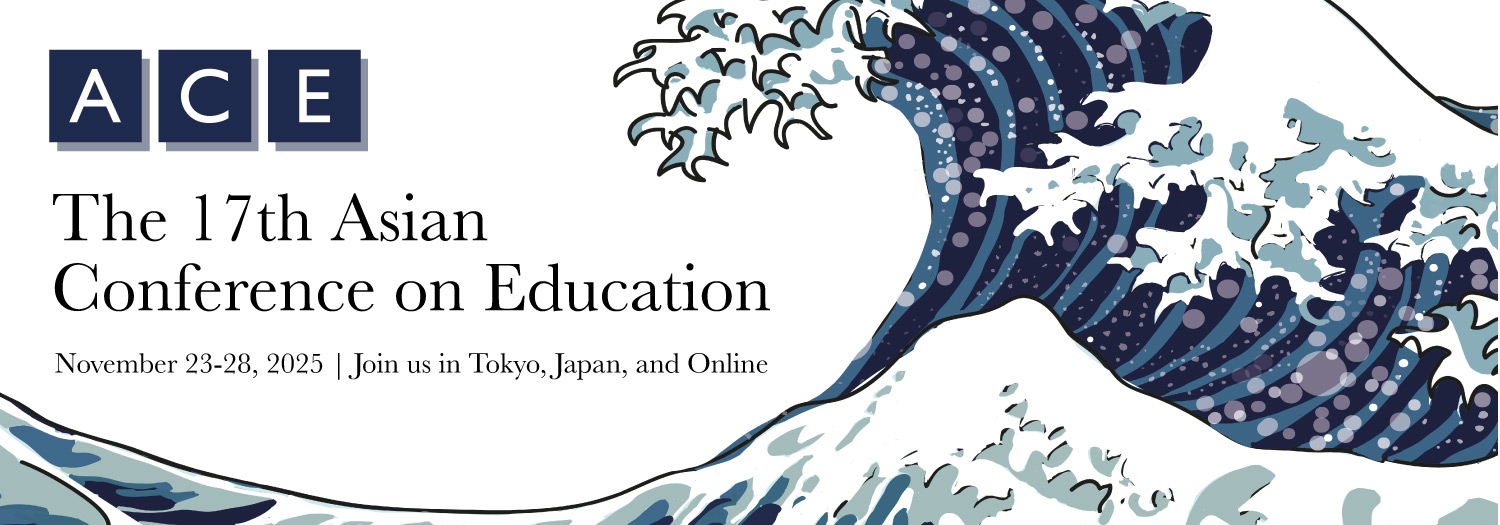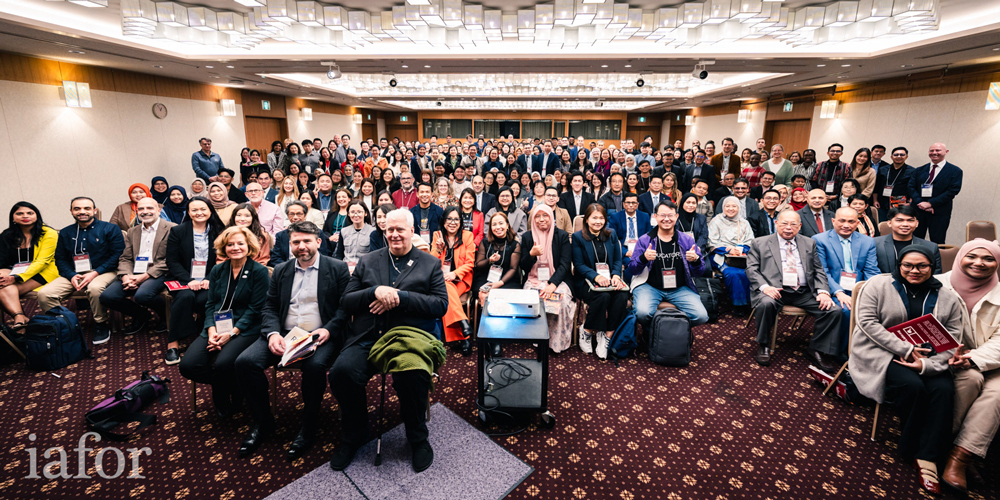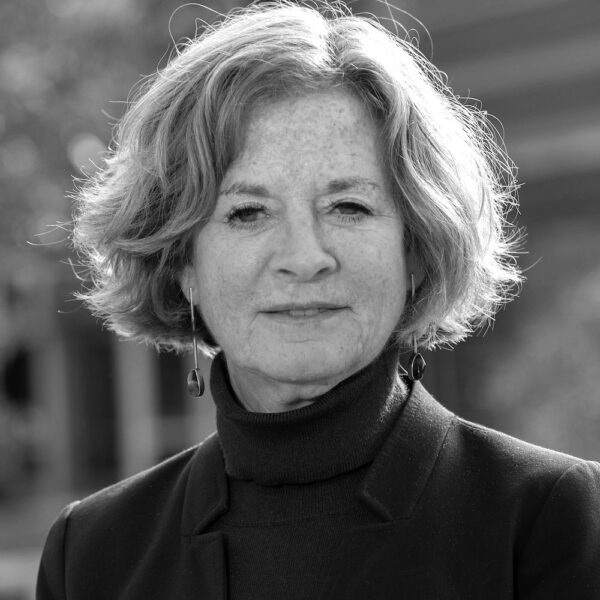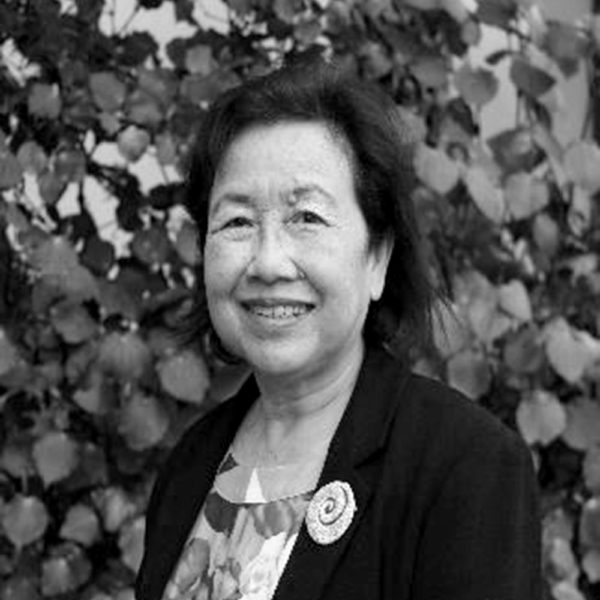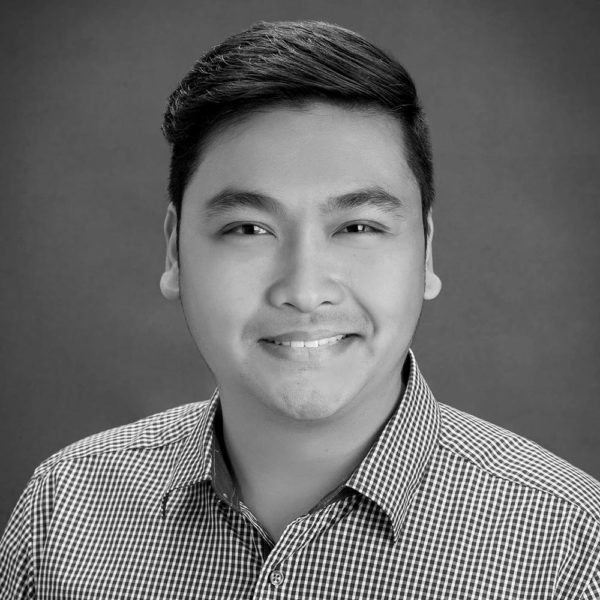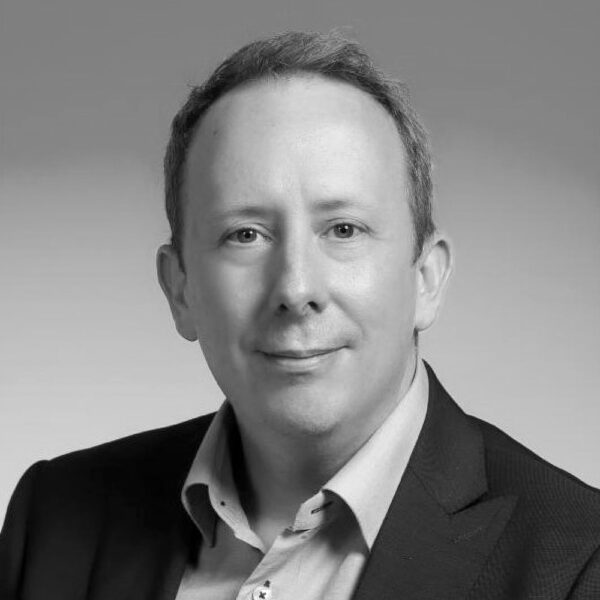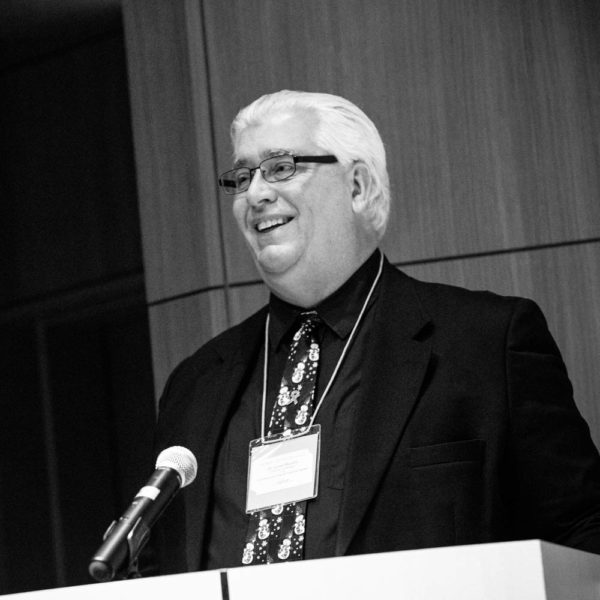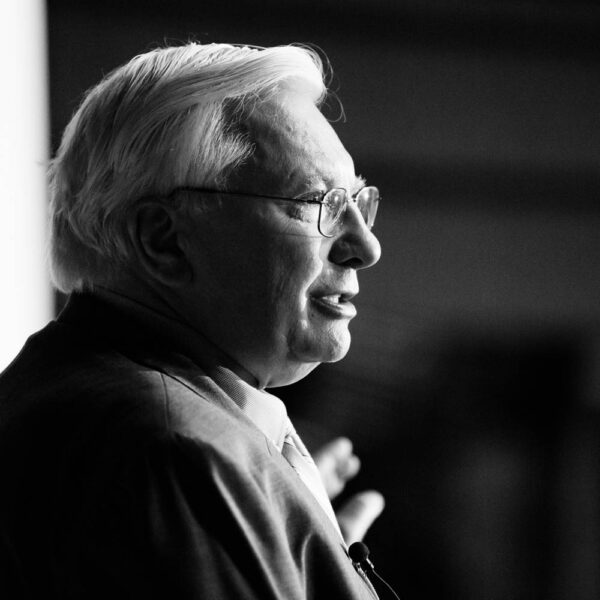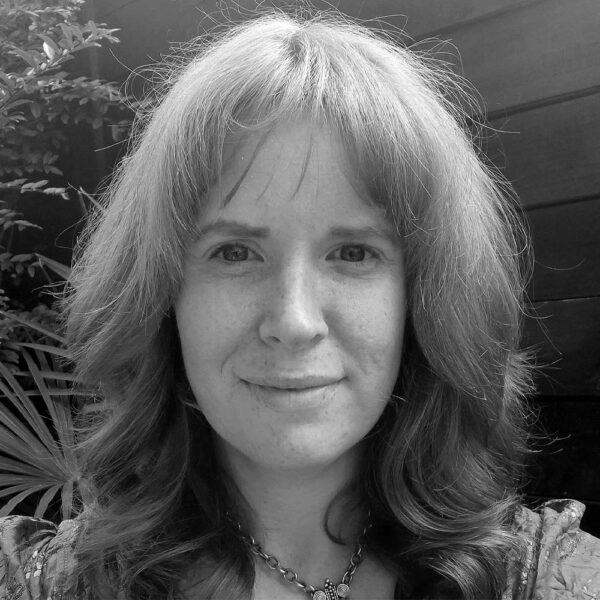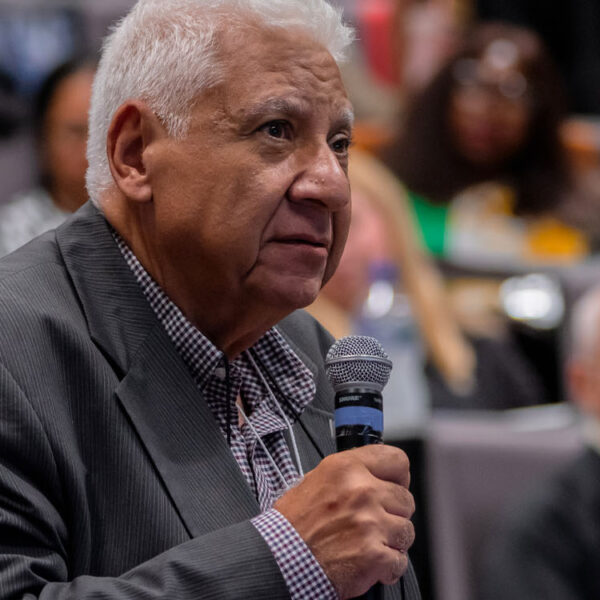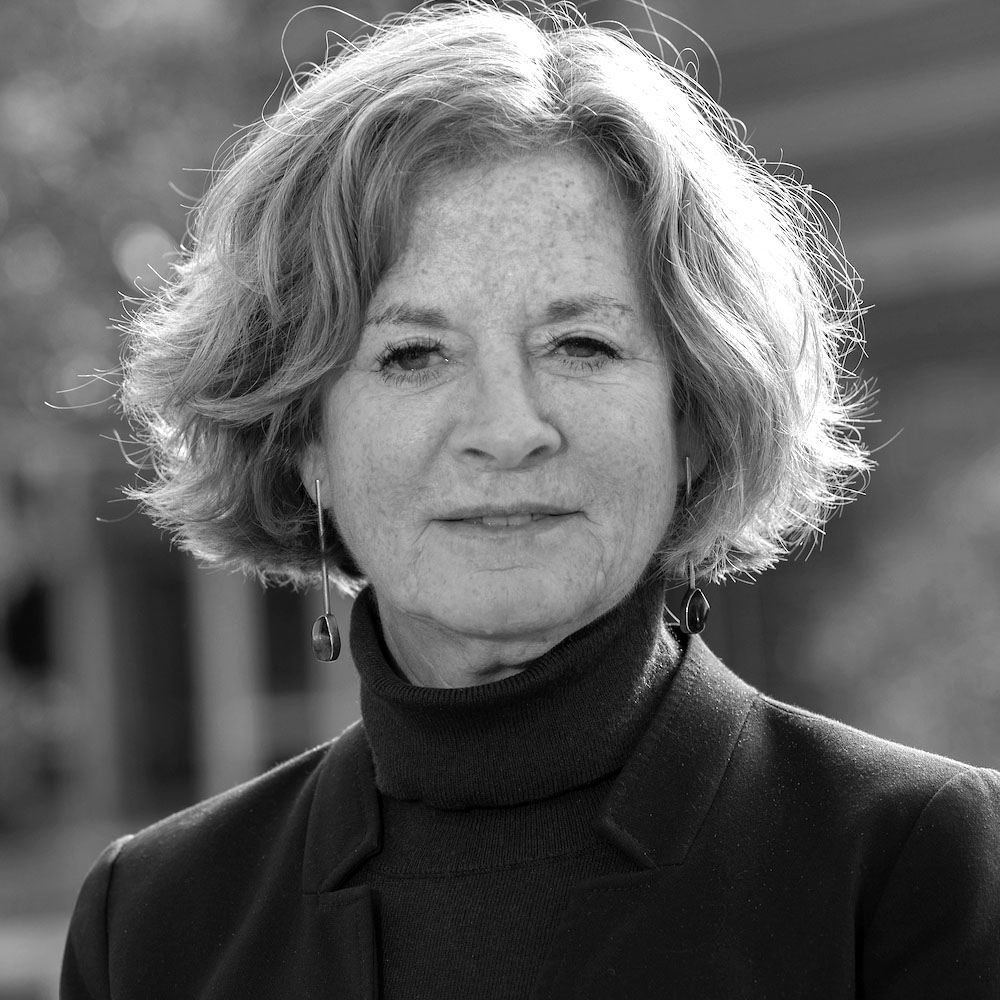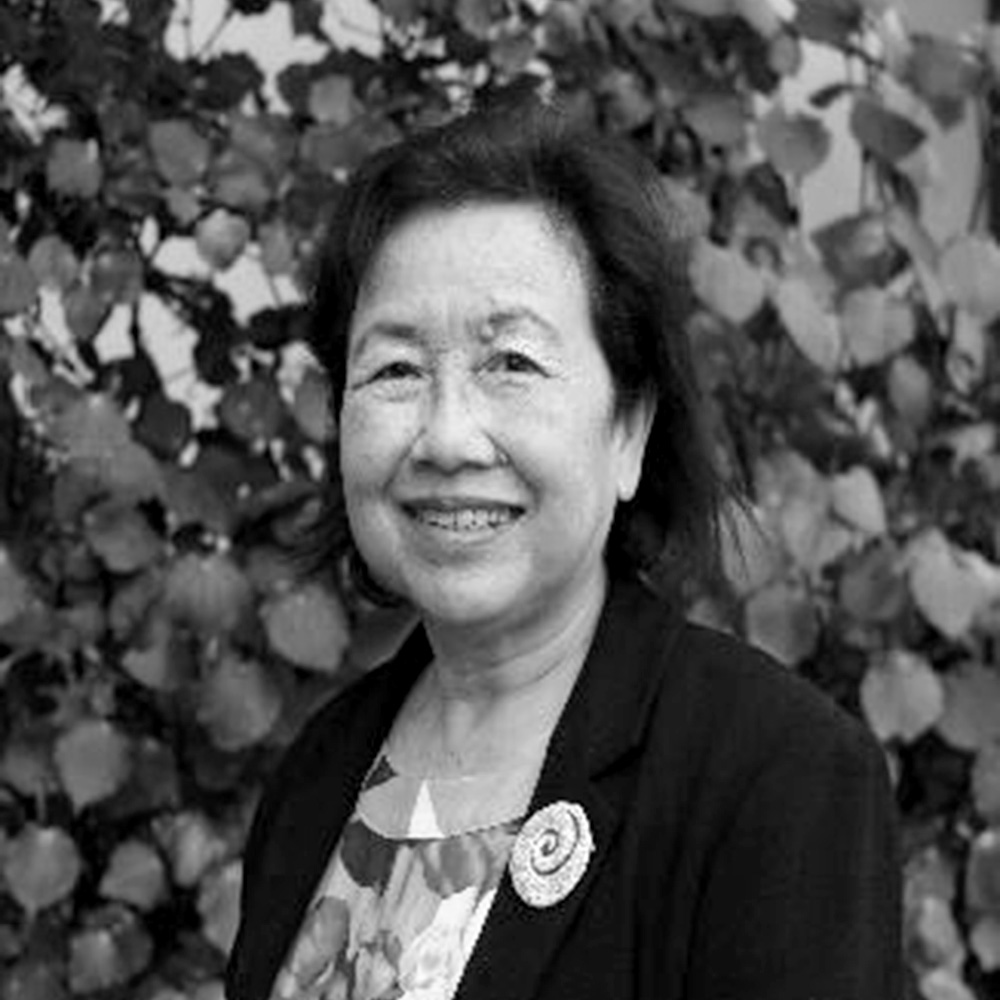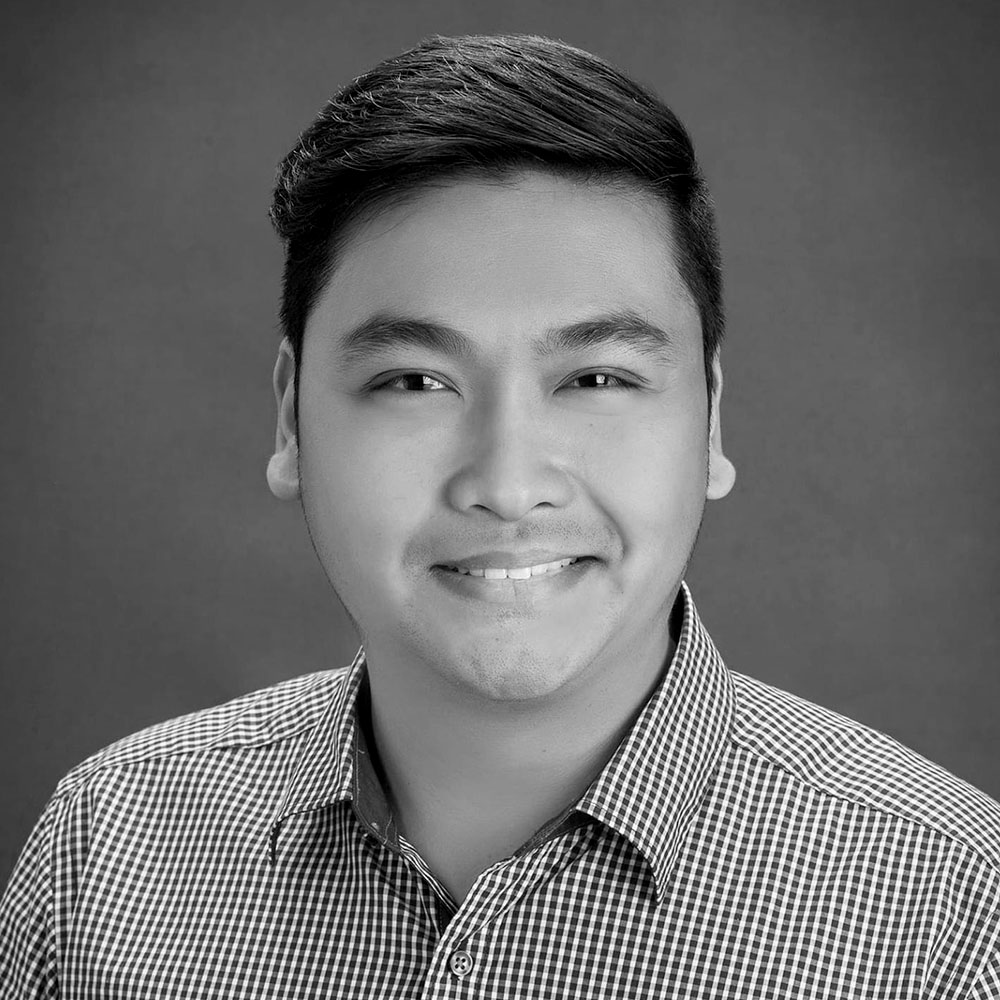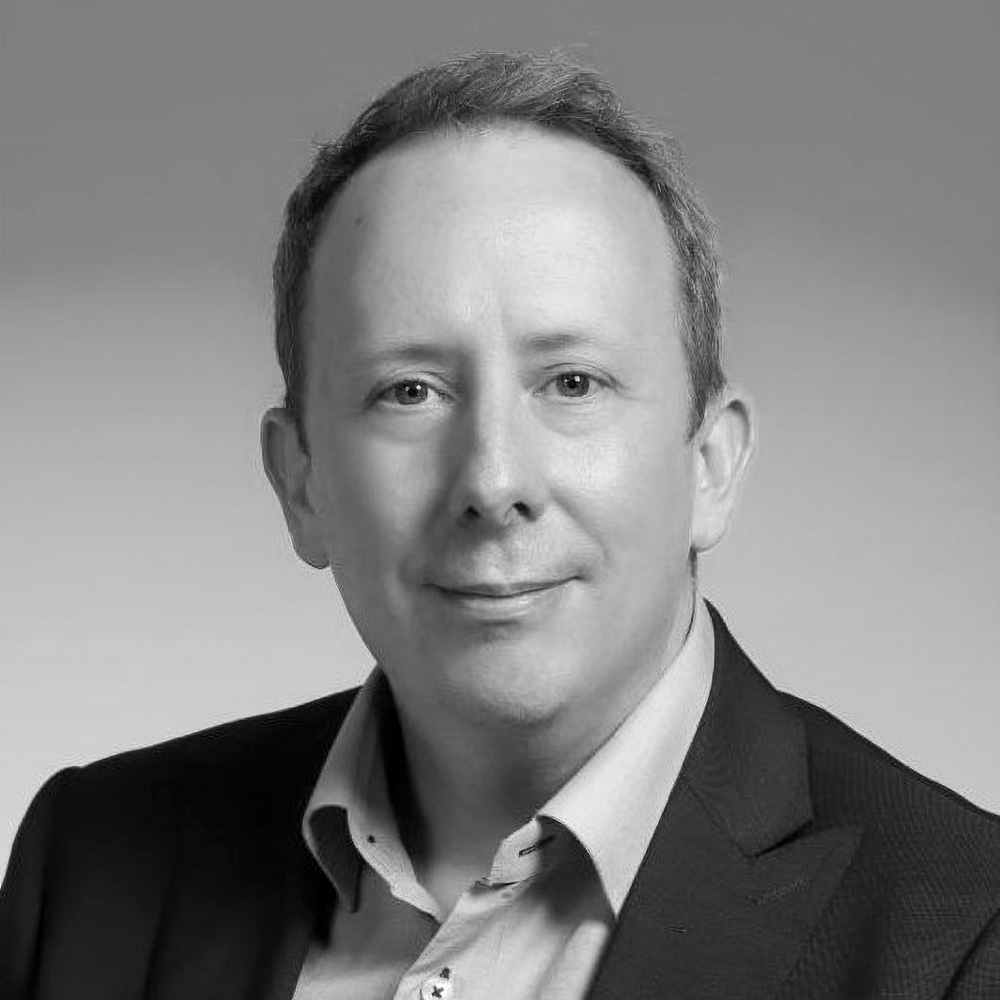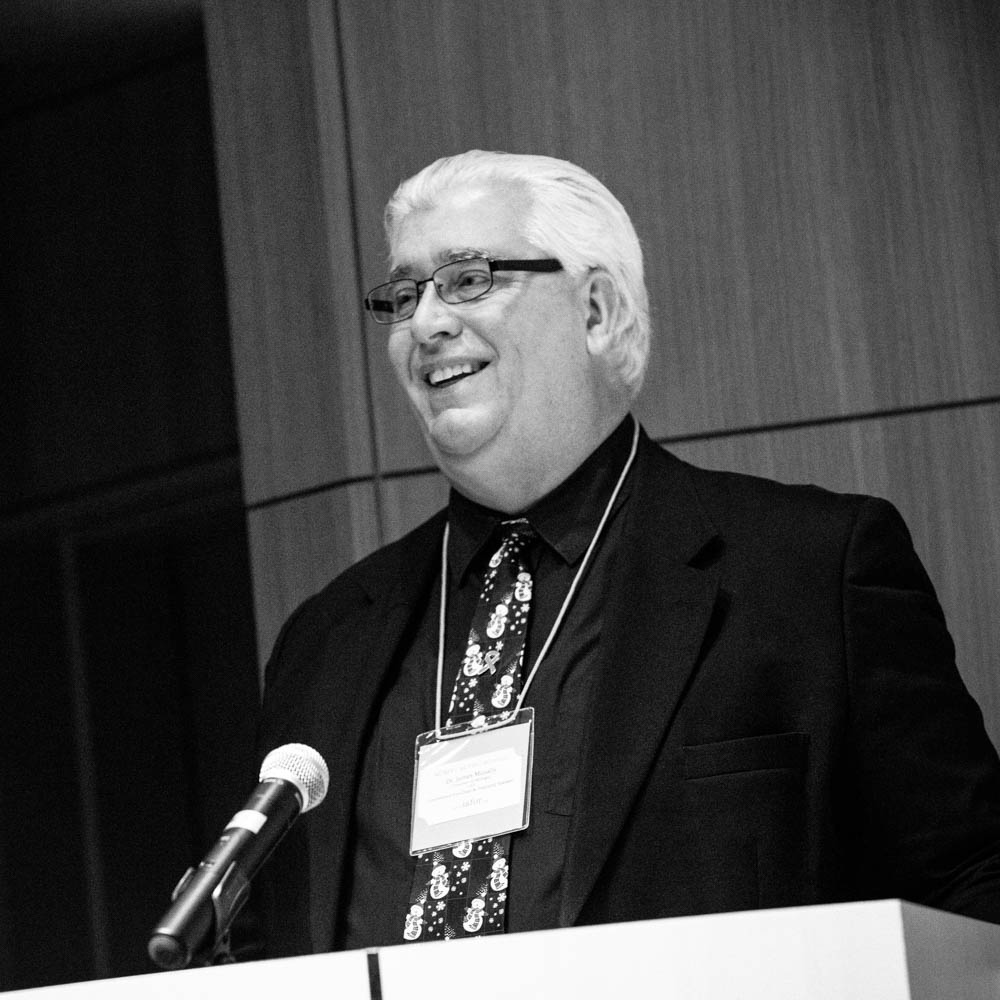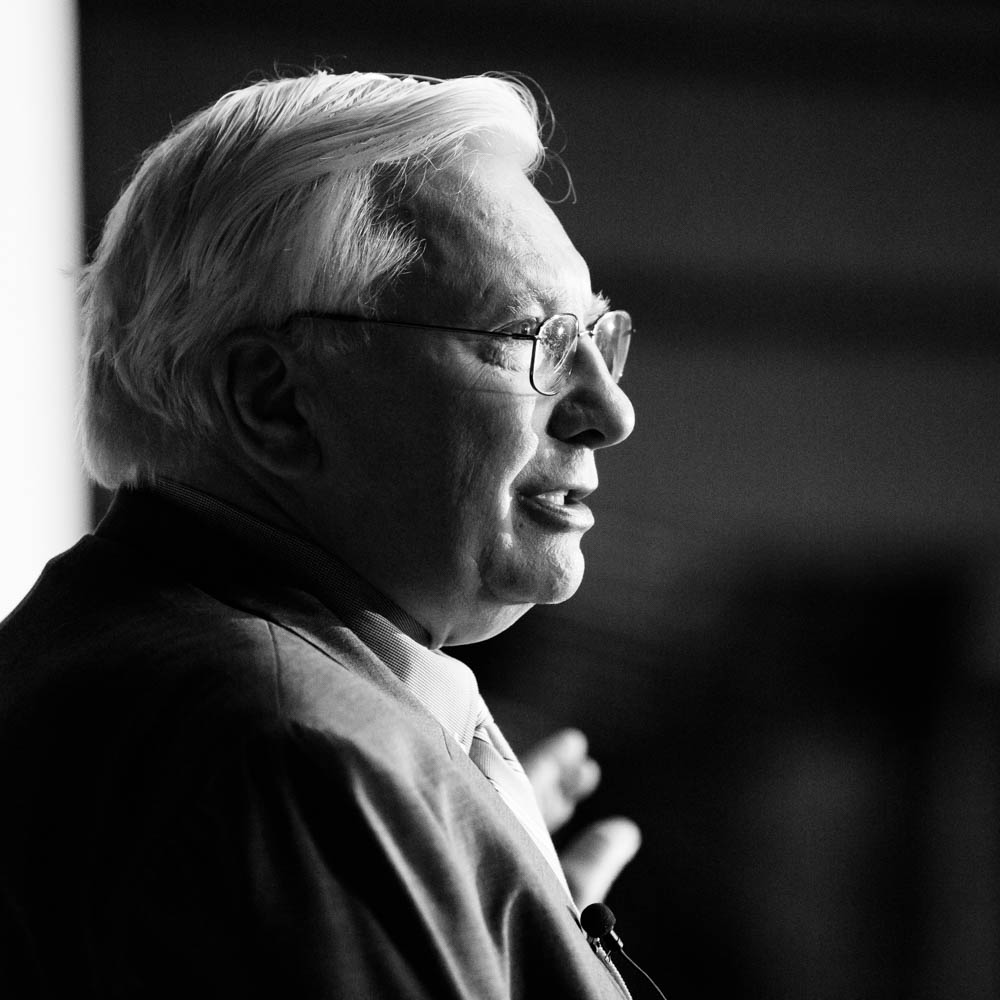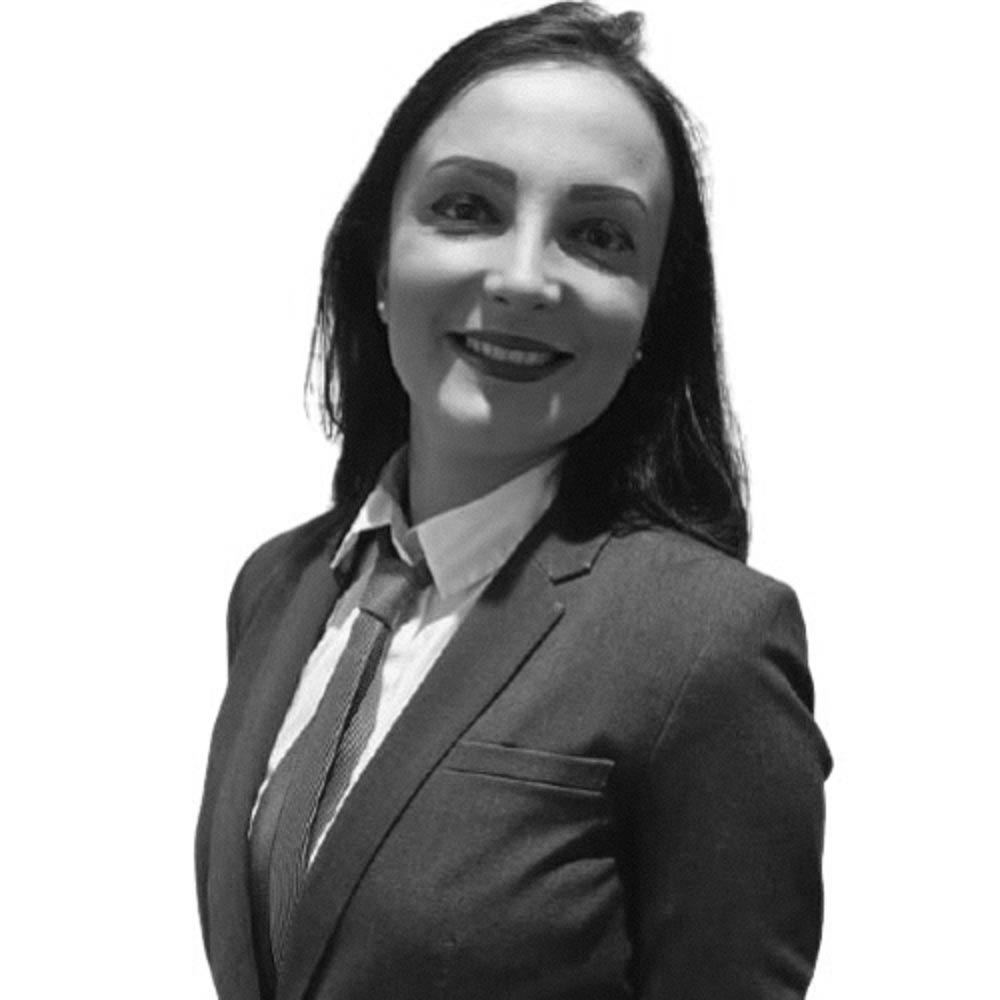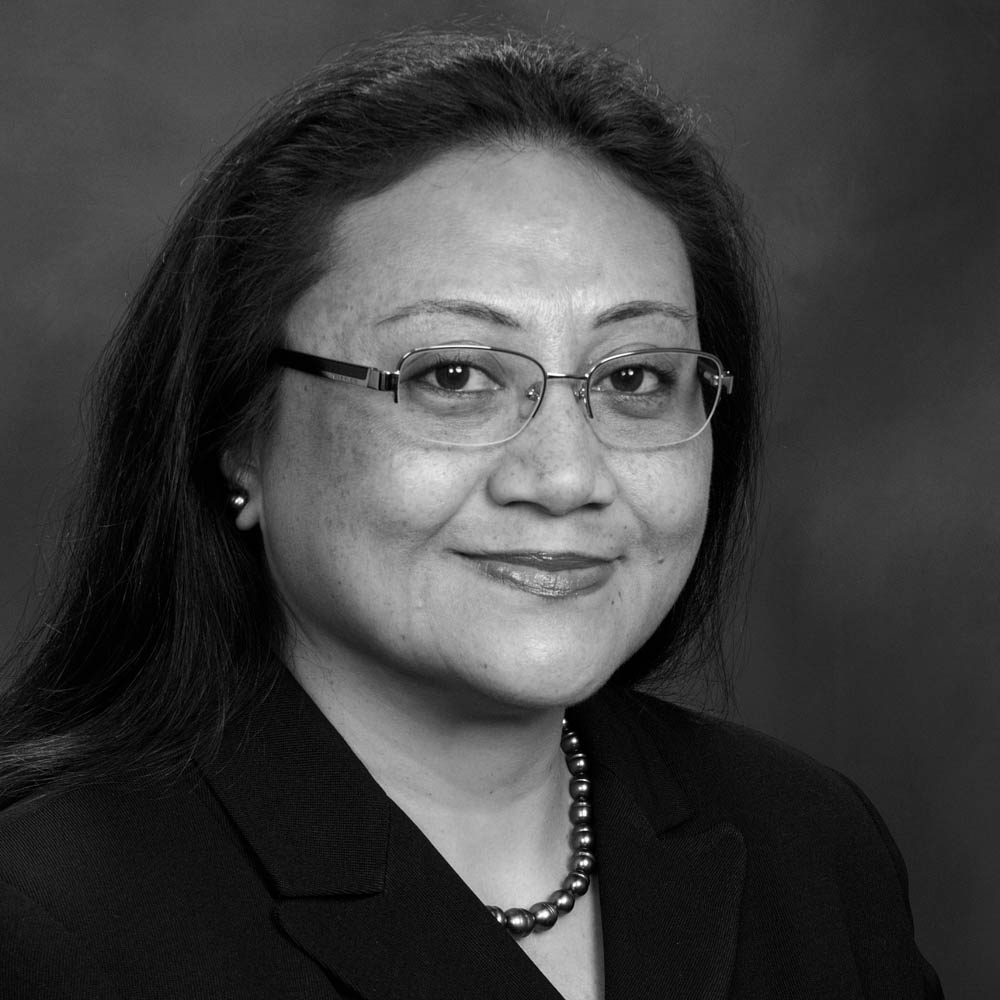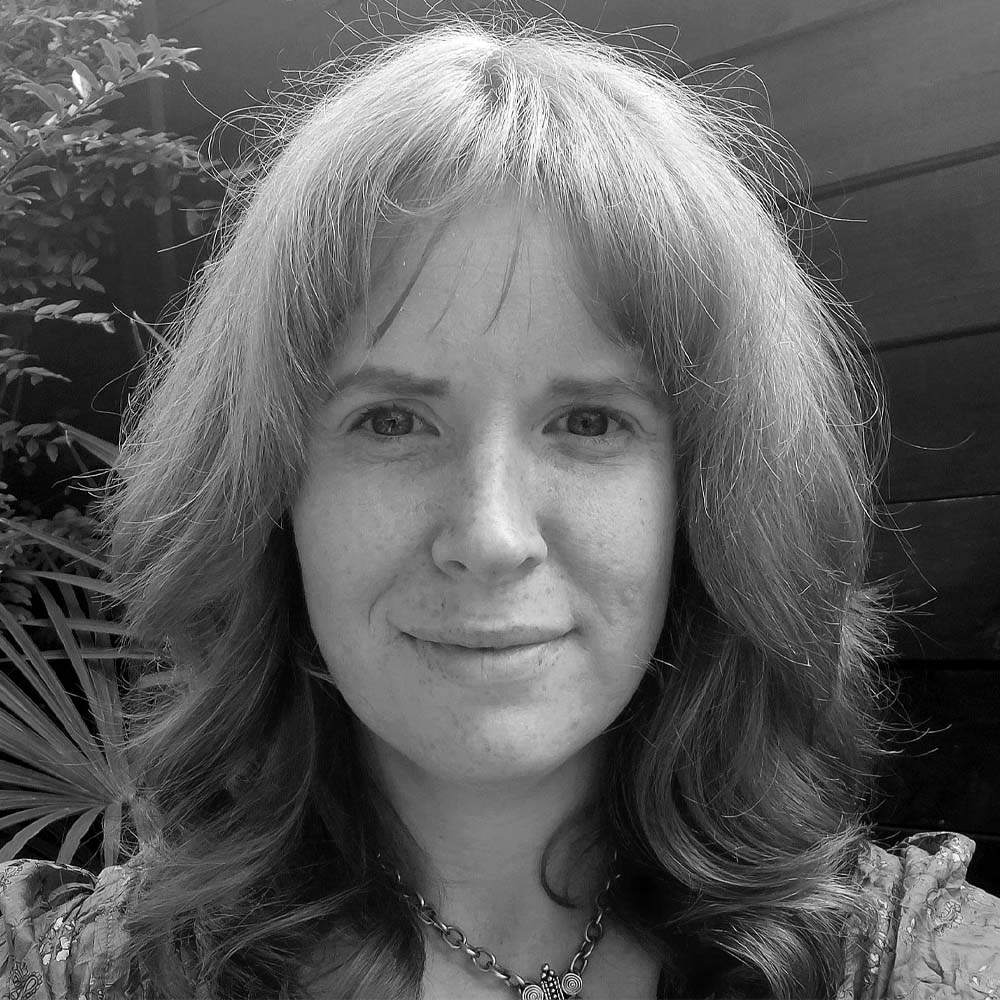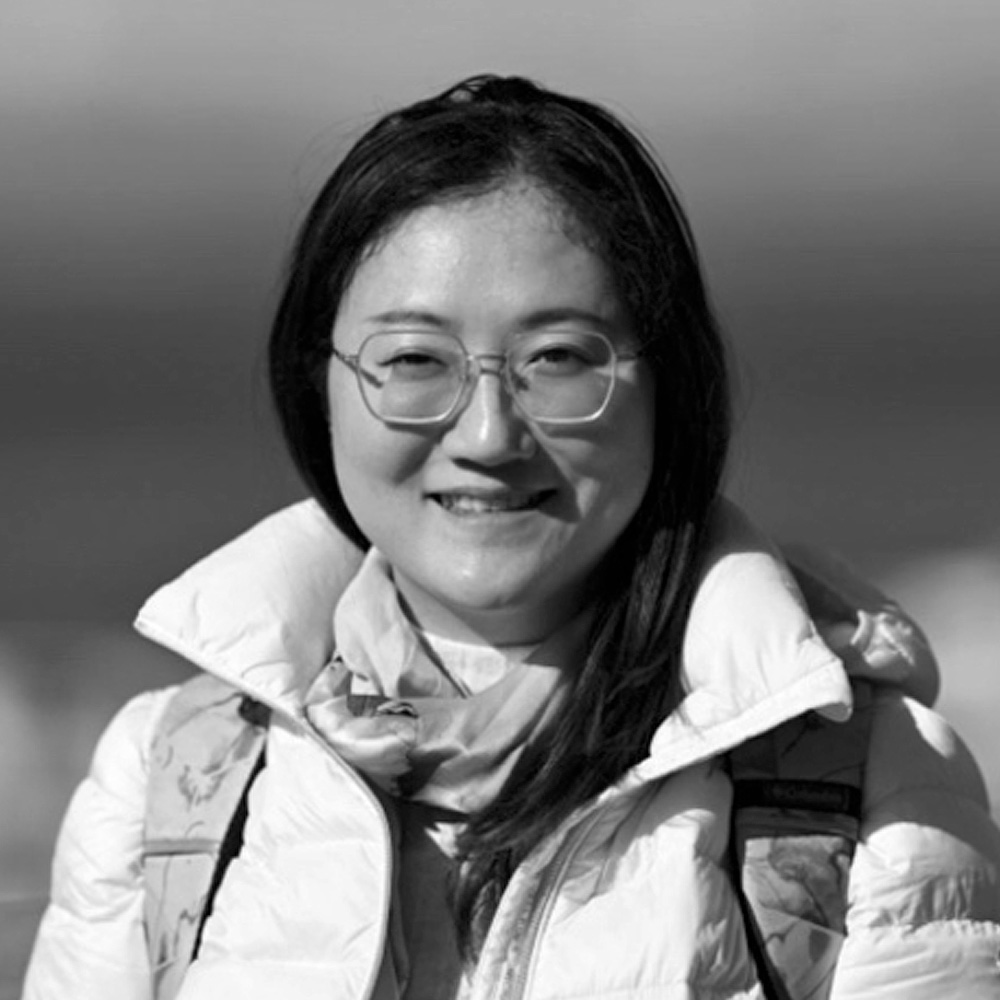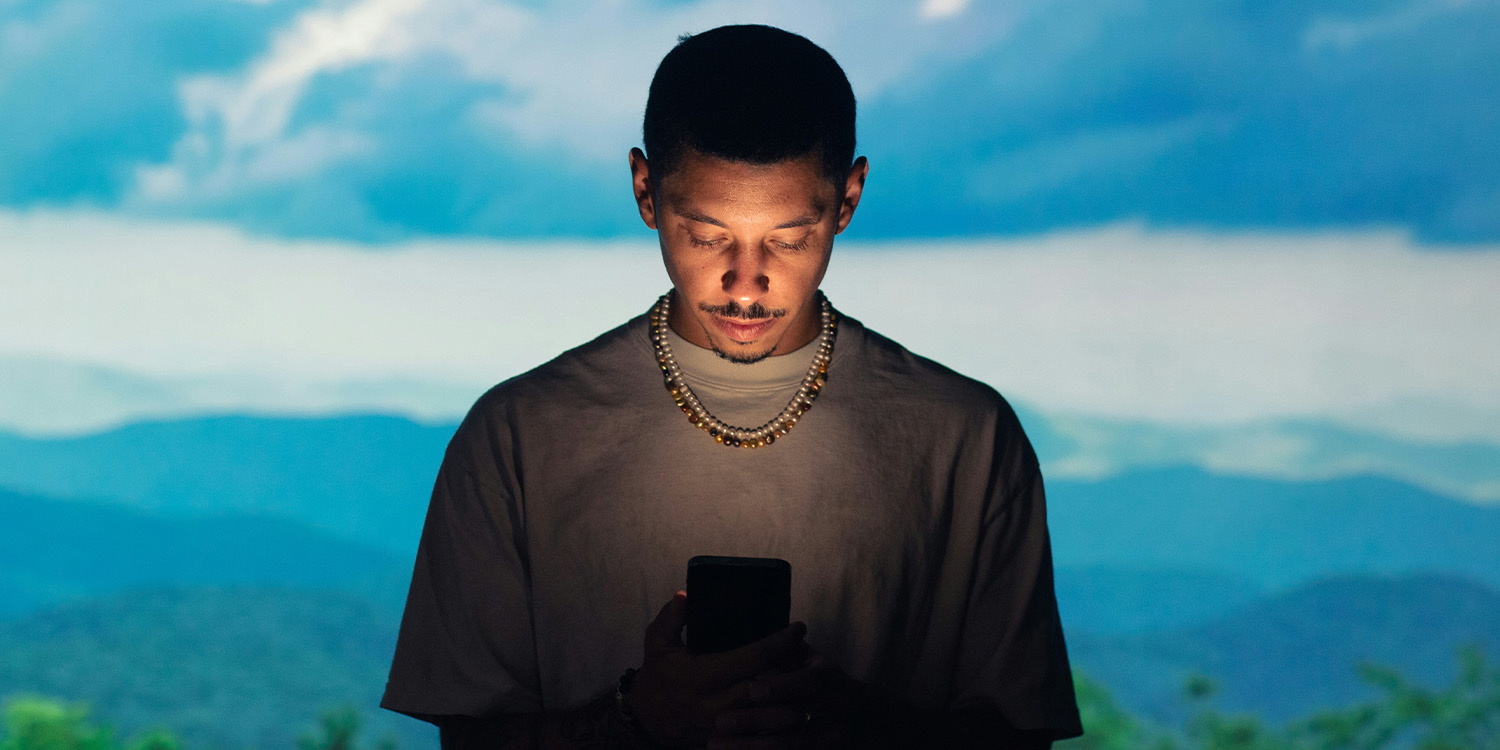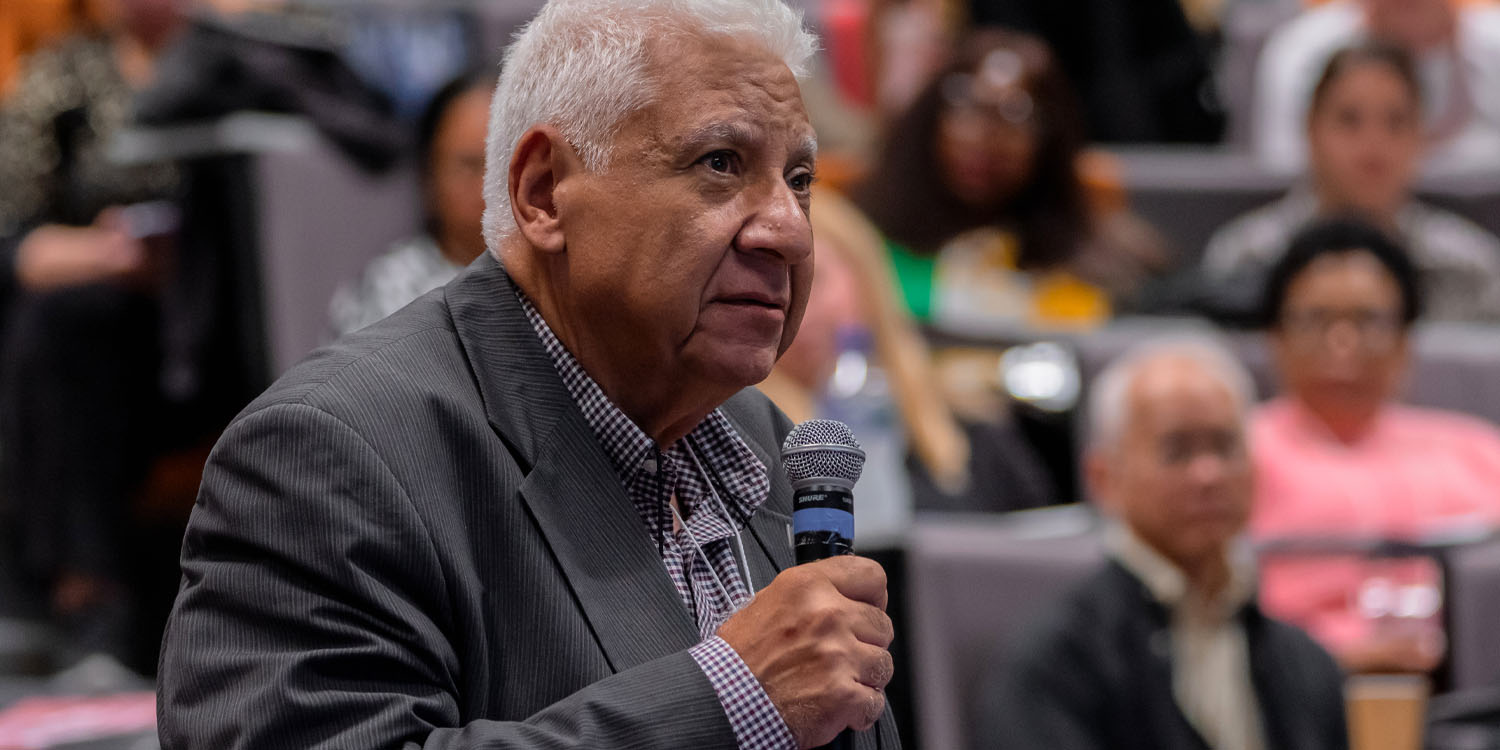November 25–29, 2024 | Toshi Center Hotel, Tokyo, Japan
The 16th Asian Conference on Education (ACE2024) was held in partnership with the IAFOR Research Centre at the Osaka School of International Public Policy (OSIPP) at Osaka University, Japan. ACE is IAFOR’s longest running and flagship conference in Asia. From 2009 until 2014, the conference was held in Osaka, before moving to Kobe from 2015 to 2017, and then finally to Tokyo, where we have been since 2018. This year's conference was held in the very heart of the city, in an oasis of quiet near the imperial palace, where we welcomed some 650 delegates from more than 40 different countries.
Plenary Speakers
Speakers and programme information will be added here in the coming months.
-
Hongmin AhnInter-University Center for Japanese Studies, Japan
-
Umberto AnsaldoUniversity of Hong Kong, Hong Kong
-
Karin AvnitSingapore Institute of Technology, Singapore
-
Danny BielikDigital Education Council, Singapore
-
Laura BronsteinBinghamton University, United States
-
Héctor G. CeballosTecnológico de Monterrey, Mexico
-
Susie KungManukau Institute of Technology, New Zealand
-
Kenneth LoSingapore University of Technology and Design, Singapore
-
Leandro LoyolaConestoga College Institute of Technology and Applied Learning, Canada
-
Sean McMinnThe Hong Kong University of Science and Technology (HKUST), Hong Kong
-
James W. McNallyUniversity of Michigan & NACDA Program on Aging, United States
-
Keith W. MillerUniversity of Missouri – St. Louis, United States
-
Murielle El Hajj NahasLusail University, Qatar
-
Sela V. PanapasaUniversity of Michigan, United States
-
Kylie SmithManukau Institute of Technology, New Zealand
-
Ya-Ling WangNational Taiwan Normal University, Taiwan
-
Fiona WestbrookAuckland University of Technology, New Zealand
-
Yanhua ZhouUniversity of Arizona, United States
Programme
-
University-Assisted Community Schools: An Interdisciplinary, International Movement to Promote Equity and Transform EducationKeynote Presentation: Laura Bronstein, Binghamton University, United States
-
Internet Disinformation, Epistemology, and Education: Meeting the Challenges of Massive LyingWorkshop Presentation: Keith W. Miller
-
Navigating the Hype and Reality of Generative AI in Higher Education: Opportunities, Challenges, and Emerging TrendsPanel Presentation: Danny Bielik, Héctor G. Ceballos, Kenneth Lo Ming Chee, Sean McMinn (Moderator)
-
Community Engagement and Education in East Asia: From Preservations of Cultural Heritage to Practices of Contemporary ArtPanel Discussion: Hongmin Ahn, Yanhua Zhou, Joseph Haldane (Moderator)
-
Navigating AI in Higher Education: Multiple Perspectives from Policy to PracticePanel Presentation: Susie Kung
-
Global Citizenship: Local Communities and the AcademyThe Forum: Laura Bronstein, Melina Neophytou
-
Blended Learning: Overcoming Challenges and Implementing SolutionsPanel Presentation: Murielle El Hajj Nahas, Leandro Loyola
-
Writing a Successful Grant Application: Mastering Significance, Innovation, and Approach for Your CareerWorkshop Presentation: James W. McNally
-
Developing Academic Skills for a Successful Academic CareerWorkshop Presentation: Umberto Ansaldo
-
Teaching Ethnography by Walking: Pedagogy in ActionWorkshop Presentation: Yanhua Zhou
Conference Committees
The International Academic Board (IAB)
Professor Anne Boddington, IAFOR, Japan (IAB Chair)
Dr Joseph Haldane, IAFOR & Osaka University, Japan, & University College London, United Kingdom
Professor Jun Arima, IAFOR & University of Tokyo, Japan
Professor Virgil Hawkins, IAFOR Research Centre & Osaka University, Japan
Mr Lowell Sheppard, IAFOR & Never Too Late Academy, Japan
Dr Susana Barreto, University of Porto, Portugal
Professor Grant Black, Chuo University, Japan
Dr Evangelia Chrysikou, Bartlett School of Sustainable Construction, University College London, United Kingdom
Professor Donald E. Hall, Binghamton University, United States
Professor Brendan Howe, Ewha Womans University, South Korea & The Asian Political and International Studies Association (APISA)
Dr James W. McNally, University of Michigan, United States & NACDA Program on Aging
Conference Programme Committee
Distinguished Professor Tien-Hui Chiang, Zhengzhou University, China
Dr Joseph Haldane, IAFOR and Osaka University, Japan, & University College London, United Kingdom (Conference Co-chair)
Susie Kung, Manukau Institute of Technology, New Zealand
Professor May Sok Mui Lim, Singapore Institute of Technology, Singapore
Dr Tzu-Bin Lin, National Taiwan Normal University, Taiwan
Professor Barbara Lockee, Virginia Tech, United States
Dr Leandro Loyola, Conestoga College, Canada
Professor José McClanahan, Creighton University, United States
Dr Sean McMinn, Hong Kong University of Science and Technology, Hong Kong
Dr Murielle El Hajj Nahas, Lusail University, Qatar
Dr Justin Sanders, Minerva Project
Dr Tati D. Wardi, Universitas Islam Internasional Indonesia (UIII), Indonesia
Dr Aki Yamada, Tamagawa University, Japan
The International Academic College (IAC)
Dr Hasan Al-Wadi, University of Bahrain, Bahrain
Dr Shamim Ali, Riphah International University , Pakistan
Professor Umberto Ansaldo, The University of Sydney, Australia
Professor Shingo Ashizawa, Kansai University of International Studies, Japan
Dr Brian Aycock, International Christian University, Japan
Professor William Baber, Kyoto University Graduate School of Management, Japan
Professor Emeritus Sue Ballyn, University of Barcelona, Spain
Ms Keiko Bang, Bang Singapore Pte Ltd, Singapore
Professor Geoff Beattie, Edge Hill University, United Kingdom
Professor Denis Binder, Chapman University, United States
Dr Sarah Louisa Birchley, Toyo Gakuen University, Japan
Dr Holger Briel, Beijing Normal University-Hong Kong Baptist University United International College, China
Mr James Joseph Briganti, Michigan State University, United States
Professor Bruce Brown, Royal College of Art, United Kingdom
Lord Charles Bruce, Japan Society of Scotland, United Kingdom
Dr Eddie Bruce-Jones, SOAS, University of London, United Kingdom
Professor Chung-Ying Cheng, University of Hawai’i at Manoa, United States
Distinguished Professor Tien-Hui Chiang, Zhengzhou University, China
Mr Marcus Chidgey, Founder & CEO at Loqiva, United Kingdom
Dr George D. Chryssides, University of Birmingham, United Kingdom
Dr Christine Coombe, Dubai Men’s College, United Arab Emirates
Professor Melinda Cowart, Texas Woman’s University, United States
Professor Georges Depeyrot, French National Center for Scientific Research, France
Professor Jean-Marc Dewaele, Birkbeck, University of London, United Kingdom
Professor Tatiana Dobrosklonskaya, Lomonosov Moscow State University, Russia
Dr Richard Donovan, Kansai University, Japan
Dr Murielle El Hajj Nahas, Lusail University, Qatar
Professor John Nguyet Erni, Hong Kong Baptist University, Hong Kong
Professor Said M. Faiq, American University of Sharjah, United Arab Emirates
Dr William C. Frick, University of Oklahoma, United States
Dr Alfonso J. García Osuna, Hofstra University & The City University of New York, United States
Professor Gerard Goggin, Nanyang Technological University, Singapore
Dr Fernando Darío González Grueso, Tamkang University, Taiwan
Professor Stephen J. Hall, Sunway University, Malaysia
Dr June Henton, Auburn University, United States
Mr Harry Hill, Japan United States Friendship Commission (JUSFC), Japan
Dr Rodney F. Hill, Hofstra University, United States
Dr Tamsin Hinton-Smith, University of Sussex, United Kingdom
Professor Curtis Ho, University of Hawai’i at Manoa, United States
Dr Daniel Hoffman, University of Hawaii at Manoa, United States
His Excellency Professor Toshiya Hoshino, UN Inspectorate General, Immediate Past President of IAFOR, and former Japanese Ambassador to the UN
Professor Tom Houghton, Curtin University, Australia
Professor Brendan Howe, Ewha Womans University & The Asian Political and International Studies Association (APISA), South Korea
Professor Kay Irie, Gakushuin University, Japan
Professor Hiroshi Ishida, University of Tokyo, Japan
Dr Maxime Jaffré, United Arab Emirates University, United Arab Emirates
Mr Matthew Kay, Nature Publishing, United Kingdom
Mr Michael Liam Kedzlie, Barrister and Solicitor of the High Court of New Zealand, New Zealand
Professor Anshuman Khare, Athabasca University, Canada
Mr Daniel Kjellsson, Future Talent Council, Sweden
Dr Yukinori Komine, Harvard University, United States
Dr Rachel Lam, Independent Consultant, Salt Lake City, Utah, United States
Dr Celia Lam, University of Nottingham Ningbo China, China
Ms Fan Li, LePing Social Entrepreneur Foundation & Stanford Social Innovation Review (SSIR), China
Dr Tzu-Bin Lin, National Taiwan Normal University, Taiwan
Professor Robert Logie, Osaka Gakuin University, Japan
Dr Jacqueline Lottin, Higher Colleges of Technology, United Arab Emirates
Professor Craig Mark, Kyoritsu Women's University, Japan
Professor Ljiljana Marković, European Centre for Peace and Development (ECPD), Serbia
Dr Yvonne Masters, Independent Researcher, Australia
Professor José McClanahan, Creighton University, United States
Professor Dennis McInerney, Hong Kong Institute of Education, Hong Kong
Professor David McLoughlin, Meiji University, Japan
Dr Michael Menchaca, University of Hawaii at Manoa, United States
Professor Keith W. Miller, University of Missouri, United States
Dr Alyson Miller, Deakin University, Australia
Dr Yutaka Mino, Hyogo Prefectural Museum of Art, Japan
Professor Kuniko Miyanaga, Human Potential Institute, Japan
Professor Johannes Moenius, University of Redlands, United States
Professor Joshua Ka Ho Mok, Lingnan University, Hong Kong
Dr Bernard Montoneri, Independent Researcher, Taiwan
Professor Thomas Brian Mooney, Charles Darwin University, Australia
Dr Amanda Müller, Flinders University, Australia
Dr Jo Mynard, Kanda University of International Studies, Japan
Ms Karen Newby, Par les mots solidaires, France
Dr Cynthia Northington-Purdie, Hunter College (CUNY), United States
Dr Keiichi Ogawa, Kobe University, Japan
Professor Mark Pegrum, The University of Western Australia, Australia
Dr Anemona Peres, European Border and Coast Guard Agency,
Dr Alexandru I. Petrisor, Ion Mincu University of Architecture and Urbanism, Romania
Dr Elena Raevskikh, Department of Culture and Tourism Abu Dhabi, United Arab Emirates
Dr Thanassis Rikakis, University of Southern California, United States
Professor Richard Roth, Medill School of Journalism, Northwestern University, United States
Dr James Rowlins, Singapore University of Technology and Design, Singapore
Dr Justin Sanders, Woven by Toyota, Japan
Dr Monty P. Satiadarma, Tarumanagara University, Indonesia
Dr Linda Schwartz, Ambrose University, Canada
Dr Shahrokh (Sharo) Shafaie, Southeast Missouri State University, United States
Dr Sharo Shafaie, Southeast Missouri State University, United States
Mr Lowell Sheppard, HOPE International Development Agency, Japan
Dr Jeffrey Sommers, University of Wisconsin-Milwaukee, United States
Dr Marcelo Staricoff, University of Sussex, United Kingdom
Dr Pearl Subban, Monash University, Australia
Professor Gary E. Swanson, University of Northern Colorado (fmr.), United States
Dr Amy Szarkowski, Harvard Medical School, United States
Professor Svetlana Ter-Minasova, Lomonosov Moscow State University, Russia
Dr Devayani Tirthali, Independent Researcher, India
Dr Brian Victoria, Oxford Centre for Buddhist Studies, United Kingdom
Dr Deborah G. Wooldridge, Bowling Green State University, United States
Dr Seiko Yasumoto, The University of Sydney, Australia
Dr Tingting Ying, University of Nottingham Ningbo China, China
Conference Review Committee
Dr Rose Amnah Abd Rauf, University Malaya, Malaysia
Dr Doaa Abdul Kalik, Al-mustansiriyah University, Iraq
Dr Laila Mohsin Adeel, Universit of Management & Technology, Lahore, Pakistan
Dr Joan Alejo, St. Agnes Academy, Inc., Philippines
Dr Raniya Alsehibany, Riyadh College of Technology For Girls, Saudi Arabia
Dr Jonathan Barcelo, Saint Louis University, Philippines
Dr Ronald Catapang, National University (NU-Lipa), Philippines
Dr Shravasti Chakravarty, XLRI Delhi-NCR, India
Dr Sin Yu Cherry Chan, City University of Hong Kong, Hong Kong
Professor Chingya Chiu, Chang Jung Christian University, Taiwan
Dr Trinette Colina, University of the East Manila, Philippines
Professor Dary Dacanay, St. Patrick School, Philippines
Dr Ian Davison, Rabdan Academy, United Arab Emirates
Dr Bankole Faloye, Bamidele Olumilua University of Education, Science and Technology, Ikere Ekiti, Nigeria
Dr Jane Fenequito, Urdaneta City University, Philippines
Dr Nuramah Hajikaleng, Narathiwat Technical College, Princess of Naradhiwas University, Thailand
Dr Cheng Hsu, Jiangsu Normal University, China
Dr Alexander Ibni, Zamboanga Peninsula Polytechnic State University, Philippines
Dr Junaidi Junaidi, Universitas Muhammadiyah Palopo, Indonesia
Dr Sahrunizam Kasah, Maktab Duli Pengiran Muda Al-Muhtadee Billah, Brunei
Dr Allya Koesoema, Institut Teknologi Bandung, Indonesia
Dr Lisa Lam, Hong Kong Baptist University, Hong Kong
Dr Chooi Yeng Lee, Monash University, Malaysia
Dr Lewis Teo Piaw Liew, Politeknik Kuching Sarawak, Malaysia
Dr Imelda Macaraig, St. Mary's College Inc., Philippines
Dr Sonal Mobar Roy, National Institute of Rural Development and Panchayati Raj, India
Dr Hidayah Mohd Fadzil, Universiti Malaya, Malaysia
Dr Joseph Moraca, Eulogio "Amang" Rodriguez Institute of Science and Technology, Philippines
Dr Non Naprathansuk, Maejo University, Thailand
Dr Venus Parmisana, Mindanao State University-Iligan Institute of Technology (MSU-IIT), Philippines
Dr Elymar Pascual, Department of Education, Philippines
Dr Myra Patambang, De La Salle Medical and Health Sciences Institute, Philippines
Dr Jirutthitikan Pimvichai, Mahidol University, Thailand
Dr Nitta Roonkaseam, Phranakhon Rajabhat University, Thailand
Dr Nor Fadzleen Binti Sa Don, English Language Teaching Centre, Ministry of Education Malaysia, Malaysia
Dr Nilda San Miguel, Department of Education, Lumban District, Laguna, Philippines
Dr Jay Mark Santos, La Consolacion University Philippines, Philippines
Dr Mark Rey Santos, La Consolacion University Philippines, Philippines
Dr Diana Po Lan Sham, Hong Kong Chinese Institute of Engineers, Hong Kong
Dr Fathi Shamma, The Arab Academic college for education Israel Haifa, Israel
Dr Pua Shiau Chen, New Era University College, Malaysia
Dr Kenneth Tan, Octave Institute, Singapore
Professor Bengü Türkoğlu, Necmettin Erbakan University, Turkey
Dr Mercedes Valadez, California State University, Sacramento, United States
Dr Chandra Mohan Vasudeva Panicker, Lincoln University College, Malaysia
Dr Tina Wong, Hong Kong Polytechnic University, Hong Kong
Dr Dennis Lee Jarvis Ybañez, University of the Philippines Open University, Philippines
Dr Yvonne, Chin Chen Yong, Ministry of Education, Brunei Darussalam, Brunei
Dr Adam Zulawnik, University of Melbourne, Australia
